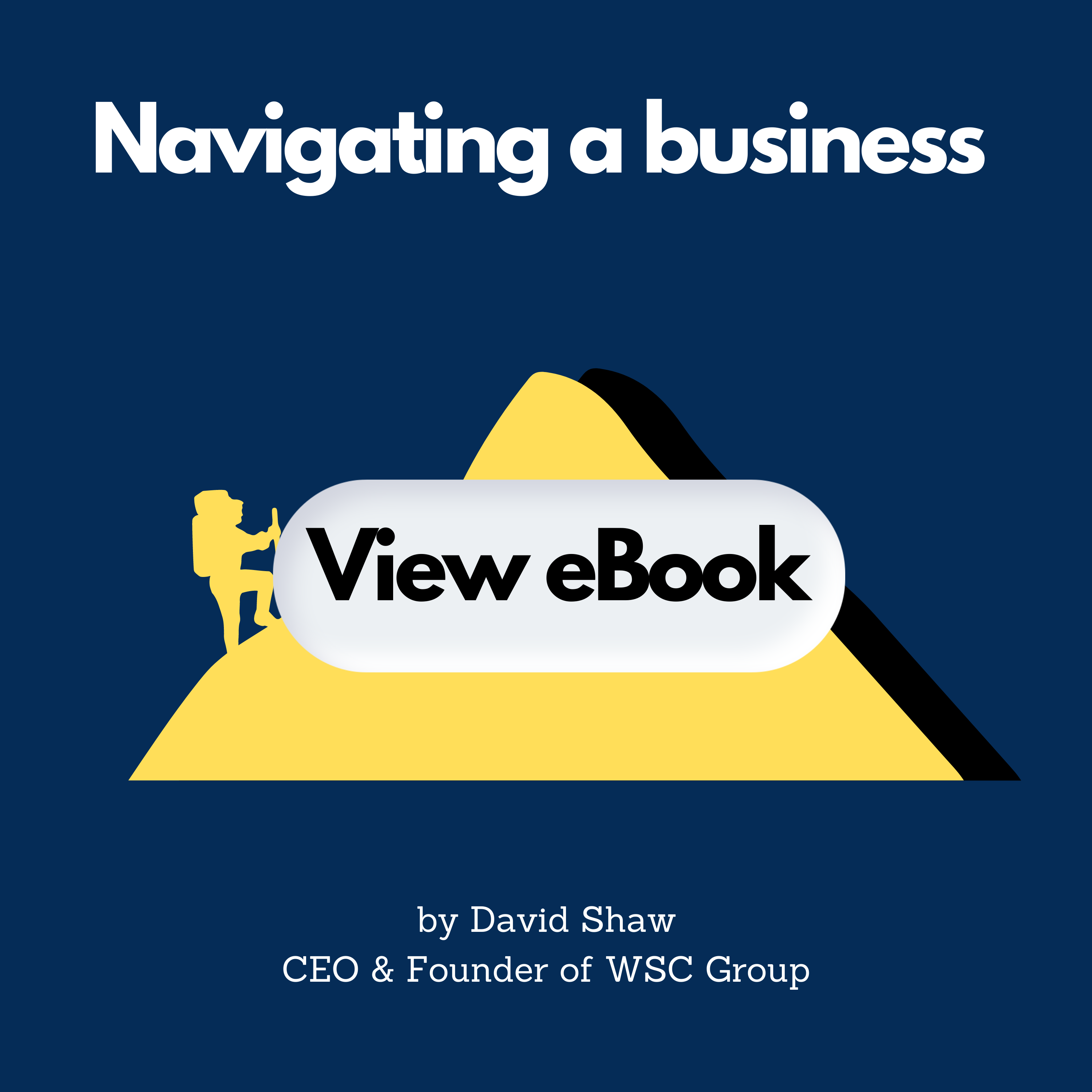
Latest News
What do the ‘Secure Jobs, Better Pay’ reforms mean?
The Government’s ‘Secure Jobs, Better Pay’ legislation passed Parliament on 2 December 2022. We explore the issues.
The Fair Work Legislation Amendment (Secure Jobs, Better Pay) Bill 2022 passed Parliament on 2 December 2020. The legislation is extensive and brings into effect a series of changes and obligations that will impact on many workplaces.
The Bill also addresses many of the complexities of the enterprise bargaining process by streamlining the initiation and approval process. For example, to initiate bargaining to replace an existing single-employer agreement, unions and representatives no longer need a majority work determination and instead can make the request to initiate bargaining in writing to the employer.
Fact sheets on key elements of the ‘Secure Jobs, Better Pay’ legislation will be available on the Department of Employment and Workplace Relations website. Please seek advice from a professional industrial relations specialist if your business is impacted.
Fixed term contracts limited to 2 years
Employers are prohibited from entering into fixed-term employment contracts with employees for a period of longer than two years (in total across all contracts). The prohibition also prevents a fixed term contract being extended or renewed more than once for roles that are substantially the same or similar. Some exclusions exist such as for casuals, apprentices or trainees, high income workers ($162k pa), work covering peak periods of demand, where the work is performed by a specialist engaged for a specific and identifiable task, or where the modern award or FWA allows for longer fixed term contracts.
Employers will need to provide employees with a Fixed Term Contract Information Statement (to be drafted by the Fair Work Ombudsman) before or as soon as practicable after entering into a fixed term contract.
From 1 January 2023, the maximum penalty for contravening the 2 year limitation is $82,500 for a body corporate and $16,500 for an individual.
If your workplace has existing fixed term contracts in place, it will be important to review the operation of these to ensure compliance with the new laws.
Gender equality and addressing the pay gap
The concept of gender equality is now included as an object in the Fair Work Act. Previously, to grant an Equal Remuneration Order (ERO) the Fair Work Commission (FWC) assessed claims utilising a comparable male group (male comparator). The legislation removes this requirement opening the way for historical gender based undervaluation to be taken into account and for the FWC to issue a ERO on that basis. That is, female dominated industries may be undervalued generally not specifically compared to men working in that industry or sector. The FWC is no longer required to find that there is gender-based discrimination in order to establish that work has been undervalued. And, the FWC will be able to initiate an ERO on its own volition without a claim being made.
Pay secrecy banned
Prohibits pay secrecy clauses in contracts or other agreements and renders existing clauses invalid. Employees are not compelled to disclose their remuneration and conditions but have a positive right to do so.
Flexible work requests strengthened
Provides stronger access to flexible working arrangements by enabling employees to seek arbitration before the FWC to contest employer decisions or where the employer has not responded to a request for flexible work conditions within the required 21 days.
If an employer refuses a request for flexible work conditions, the requirements for refusal have been expanded so that employers must discuss requests with the employee and genuinely try and reach agreement prior to refusing an employee’s request. Now, to refuse a request the employer must have:
- Discussed the request with the employee; and
- Genuinely tried to reach an agreement with the employee about making changes to the employee’s working arrangements that would accommodate the employee’s circumstances; and
- the employer and employee have been unable to reach agreement;
- the employer has had regard to the consequences of the refusal for the employee; and
- the refusal is based on reasonable business grounds.
The provisions also expand the circumstances in which an employee may request a flexible working arrangement, for example where they, or a member of their immediate family or household, experiences family or domestic violence.
Accountability for sexual harassment in the workplace
The amendments introduce stronger provisions to prevent sexual harassment and a new dispute resolution framework. Employers may be vicariously liable for acts of their employees or agents unless they can prove they took all reasonable steps to prevent sexual harassment. The amendments build on the Respect@Work report and the Anti-Discrimination and Human Rights Legislation Amendment (Respect at Work) Bill 2022 that passed Parliament in late November 2022. Broadly, the amendments:
- Apply to workers, prospective workers and persons conducting businesses or undertakings; and
- Create a new dispute resolution function for the FWC that enables people who experience sexual harassment in the workplace to initiate civil proceedings if the FWC is unable to resolve the dispute.
Anti-discrimination
Adds special attributes to the FWA to specifically prevent discrimination on the grounds of breastfeeding, gender identity and intersex status.
Aligning pay rates in job advertising with the FWA
Prohibits employers covered by the FWA from advertising jobs at a rate of pay that contravenes the FWA or a fair work instrument. For piecework, any periodic rate of pay to which the pieceworker is entitled needs to be included. The measure addresses concerns raised by the Migrant Workers’ Taskforce and the Senate Unlawful Underpayments Inquiry.
Multi-employer enterprise bargaining
The reforms make it easier for unions/applicants to negotiate pay deals across similar workplaces with common interests creating two new pathways for multi-employer agreements, supported bargaining, and single-interest. The FWC will need to authorise the multi-employer bargaining before it commences.
Supported bargaining for low paid industries
Applies to low-paid industries and is intended to support those who have difficulty negotiating at a single enterprise level – e.g., aged care, disability care, and early childhood education and care. The Minister will have authority to declare an industry or occupation eligible for supported multi-employer bargaining (MEB) and the FWC will decide if it is appropriate for the parties to bargain together. The employer does not have to give their consent to be included.
Employers cannot negotiate a separate agreement once they are included in supported multi-employer bargaining – they need to apply to the FWC to be removed from the supported bargaining authorisation.
Single interest multi-employer bargaining
Single interest multi-employer bargaining draws together employers with “common interests”. These may include geographical location, regulatory regime, and the nature of the enterprise and the terms and conditions of employment. It’s a very broad test.
Unless the employer consents, the FWC will not authorise multi-employer bargaining where it applies to a business with fewer than 20 employees. For businesses with less than 50 employees, to be excluded, the employer needs to prove that they are not a common interest employer or its operations and business activities are not reasonably comparable with the other employers.
For the FWC to authorise single interest multi-employer bargaining, the applicant will need to prove that they have the majority support of the relevant employees.
‘Zombie’ enterprise agreements
A Productivity Commission report found that 56% of employees covered by an enterprise agreement are on an expired agreement, or ‘zombie agreement’. Prior to the reforms, pre 2009 enterprise agreements could operate past their expiry date unless they were replaced with new agreements or terminated by the FWC. As these ‘zombie agreements’ remained fully enforceable, despite being expired, the terms of the agreement were often out of sync with modern awards. The Government notes one zombie agreement terminated in January 2022 saw employees $5 per hour on Saturdays, $10 per hour on Sundays and $24+ per hour on public holidays, worse off than the relevant modern award. The ‘Secure Pay, Better Pay’ reforms generally sunset these zombie agreements.
Important: This article is for information only. If your workplace is likely to be impacted by the amendments, please ensure you seek professional assistance from an industrial relations specialist. We are not specialists and cannot assist with the application of industrial law, awards, or applicable pay rates.
Note: The material and contents provided in this publication are informative in nature only. It is not intended to be advice and you should not act specifically on the basis of this information alone. If expert assistance is required, professional advice should be obtained.














